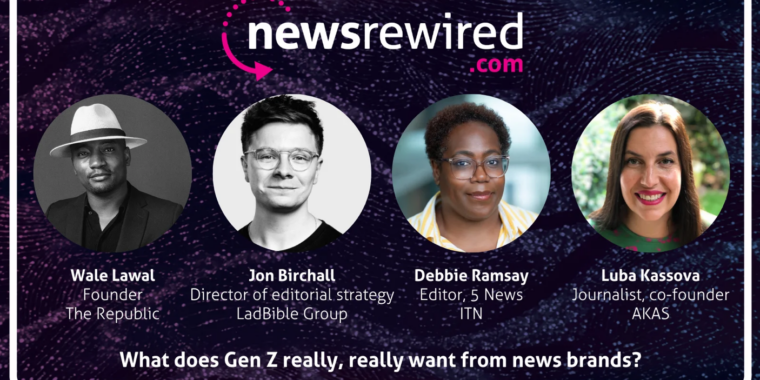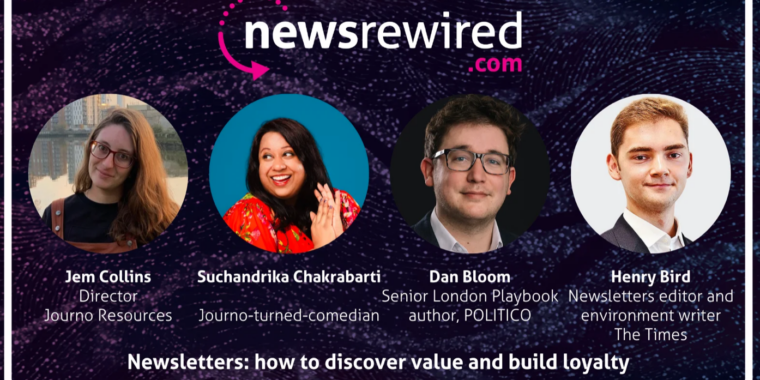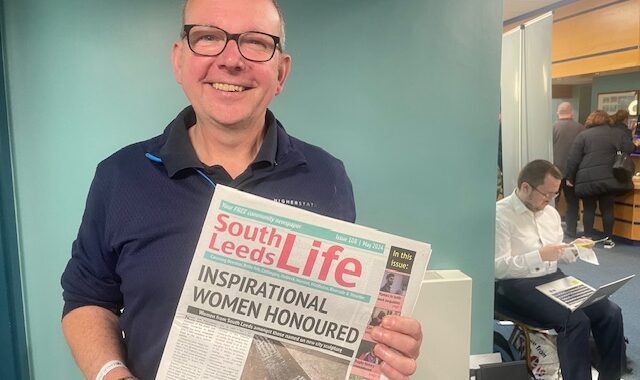Publishers, academics and students of hyperlocals and community media gathered in Birmingham last weekend (Sat 15th October) at the annual unconference run by Talk About Local.
Hosted by Will Perrin and Mike Rawlins, the event at the state-of-the-art Curzon Building on the Birmingham University campus was a huge success.
#tal16 is in the bcu curzon building – pic pic.twitter.com/jjLG3PhuDI
— William Perrin @[email protected] (@willperrin) October 15, 2016
With over 40 people in attendance, the unconference proved that the sector is robust and healthy, bringing together ideas and opinions on the current state of hyperlocal publishing, and what the future holds for the space.
The event kicked off with the usual format of asking the attendees to choose the (un)agenda for the day, an ethos that has driven the philosophy of the unconference since its beginnings in 2009.

The result was a heady mix of topics ranging from tech for social good, Apple News, going into print, if VR spells the death of news, funding, and whether the industry would benefit from a representative body.
From the Apple News hangout, hosted by Sandro Sorrentino, of UK By Numbers and Birmingham Eastside, we heard some promising news that Apple could soon be rolling out a geotagging feature for its publishers.
Fascinating talk on #Applenews #geotagging and how #hyperlocal publishers can increase traffic and target audiences #TAL16 pic.twitter.com/tG94ehDABe
— Centre 4 Community Journalism #savelocaljournalism (@C4CJ) October 15, 2016
This could be a real boon for hyperlocals in rural areas, or places where there is little competition. While it’s still in its beta mode, the idea that content could pop up on peoples’ smartphones as they walk around an area is one that can’t be ignored.
The Bristol Cable, fresh off its recent scoop into police buying ‘snooping technology’ was the subject of another seminar, and there seemed to be a lot of enthusiasm around their co-operative model, with the Bedford Clanger tweeting:
https://twitter.com/bedfordclanger/status/787356370614030337
Dave Harte, teased us with an irresistible odd-numbered listicle pointing out the five reasons people set up local news websites.

The conversation evolved into a general discussion of hyperlocal sustainability with Pamela Pinski of Digbeth Is Good talking about the responsibility independent publishers have to their locale, and Ray Dufill – the Hedon Blogger – expressing his excitement about relaunching a hyperlocal.
As usual, funding was a hot topic, as was methods of generating revenue streams including photography, audience ethnographics, PR and social training for small business, open data and arts vs issues.
Duncan from altblackpool talking about arts v news #tal16 https://t.co/ueqrxV9wbp pic.twitter.com/k2FTlabWaj
— William Perrin @[email protected] (@willperrin) October 15, 2016
Talking about the idea of #Digbeth calendars as revenue / engagement / funding tools at #TAL16
— Pamela Pinski (she/her) (@PamelaPinski) October 15, 2016
Emma Meese, centre manager of the C4CJ, delivered a Q&A on the possibility of establishing a representative body for the independent community news sector.
Accountable to its members, the body could act on its behalf and provide support and fight for opportunities and fair treatment of community news publishers.
The response to the Q&A was hopeful with John Baron tweeting:
.@EmmaMeese from @C4CJ talking about possibility of representative body for #hyperlocal media #tal16 – a lot of enthusiasm in the room
— John Baron (@johncbaron) October 15, 2016
To round the day off there was the annual (un)awards ceremony with prizes going to Nick Booth for lifetime achievement, Andy Williams, Jerome Turner and Dave Harte for their work in research, Emma Meese for international relations, Duncan Hodgson of AltBlackpool winning site of the year, and Sally Perry of On The Wight receiving an award for her work on #undercliffdrive.
I can barely contain my excitement for the #TAL16 #unawards! @podnosh collecting a lifetime achievement award… pic.twitter.com/BSQMorCw50
— Pamela Pinski (she/her) (@PamelaPinski) October 15, 2016
https://twitter.com/sallyperry/status/787681350992224256
Mark Braggins, who runs the Open Data – Aha! initiative, also had some thoughts on the day, with specific attention paid to the usefulness of open data to hyperlocals.
And journalism and media lecturer, Richard Jones, gave us his rundown of the unconference.




